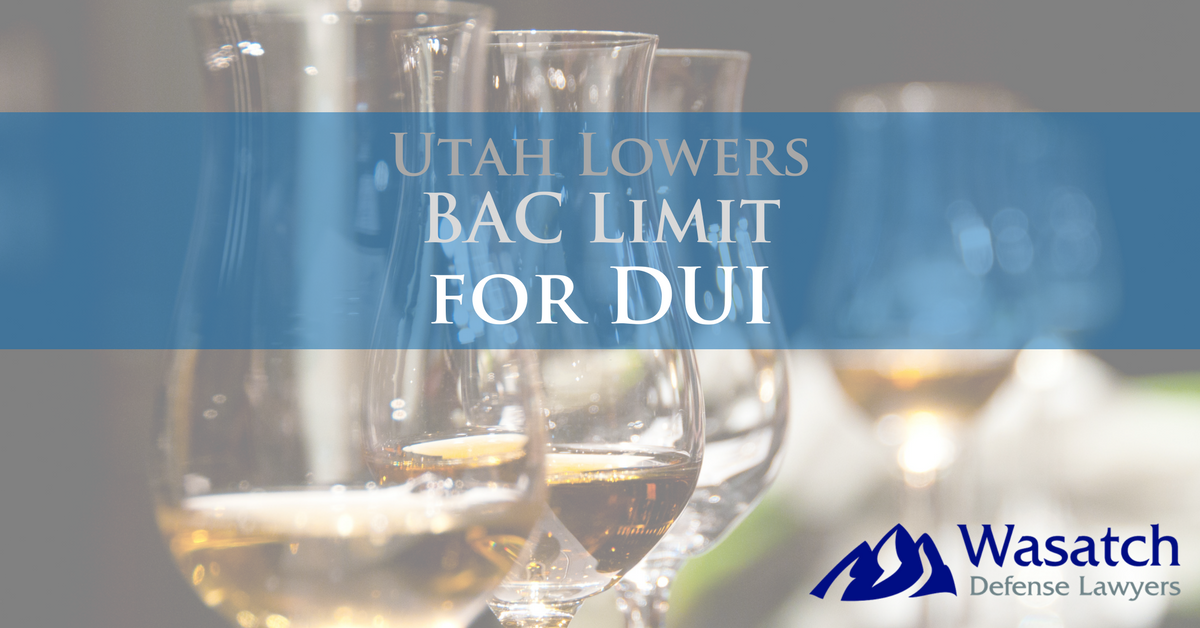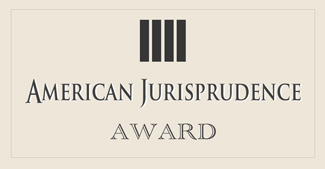Utah Lowers BAC Limit for DUI
Utah is known for strict regulations and treatment for alcohol-related offenses. For over eighty years, just after the end of prohibition, the Utah Department of Alcoholic beverage Control (UDABC) has controlled and regulated the sale of alcoholic beverages in the state. Utah’s recent adoption of a lower BAC limit for DUI will drop the current limit of 0.08% to a sterner legal limit of 0.05% BAC.
Other restrictions include the percentage of alcohol, by weight, at 3.2% by volume. A beer that is over 3.2% by weight (4% by volume) is available in state liquor stores and at restaurants or clubs that are licensed to sell alcohol. Utah’s stringent liquor laws also state that alcohol may not be sold past 1am, under any circumstances.
The bill’s proponents hope that the new limits will drastically reduce the number of alcohol-related deaths on Utah roadways. If fact, highway deaths abroad have been significantly reduced with a reduced BAC standard of 0.05%. However, some argue that the lowered limit will divert valuable public resources from more dangerous DUI offenses.
While the new law’s supporters believe it will save lives by keeping more impaired drivers off the road, those that oppose the change believe the law will instead target more responsible drinkers. Opponents also state that the new law does not address more dangerous repeat offenders and those with who drive at a much higher BAC.
What You Need to Know About Utah’s New DUI Law
Since 2000, Utah has observed the nationwide DUI limit of 0.08% blood alcohol concentration (BAC). The new law, effective December 30, 2018, will reduce the BAC threshold to 0.05%. The new limit will apply to individuals operating a motor vehicle and those who carry a dangerous weapon.
The potential impact on drivers will be influenced by several differing variables, such as the amount of food on a person’s stomach, their metabolism, and medication. Other contributing factors include:
- Age and Gender
- Body Type
- Alcohol Tolerance
- Rate of Consumption
- Diabetes
For example, a 120 pound man may exceed the 0.05 BAC limit after only two alcoholic beverages, while a 120 pound woman could reach the limit after consuming just one beer or a mixed drink with alcohol.
Recommended by the National Transportation Safety Board
While this will be the lowest legal BAC in the US, Utah lawmakers agree with recommendations from the National Transportation Safety Board (NTSB) that to cut down the number of alcohol-related fatalities, the legal limit should be reduced to 0.05%. In contrast to the NTSB’s study, US traffic statistics show that less than 1% of alcohol-related fatalities in 2011 were caused by drivers with a BAC between 0.05 – 0.08%.
In 2013 the NTSB released a Safety Report on Eliminating Impaired Driving stating that the risk of a crash at 0.05% BAC is actually half the number of alcohol-related crashes at the current blood-alcohol limit of 0.08%. The report goes on to state three very specific reasons to support the NTSB’s recommendation to help reduce the number of injuries and fatality on US roads:
- Alcohol Impairs Critical Driving Tasks
- Crash Risk is Significantly and Consistently Elevated At 0.05 BAC
- Lowering the BAC Limit is Proven to Reduce Alcohol-Related Crashes
Until the end of 2018, when the law goes into effect, Utah lawmakers will need the time to address important issues before implementing the new BAC limits, to include:
- A tiered punishment system to charge a DUI between 0.05% and 0.08% as a misdemeanor crime rather than a DUI, similar to Colorado’s DUI laws.
- The liability of establishments that serve alcohol needs to be clarified for cases where a customer is over-served
- Provisional licenses to drive to and from work for both first-time DUI offenders and those with more than one DUI offense.
Utah lawmakers have come under harsh criticism from the local hospitality and ski industries for an unwillingness to seek a reasonable balance between public safety and Utah’s already overly conservative reputation. Not to mention the significant increase in the number of DUI arrests that are likely to occur after December 2018.
If you need an experienced DUI defense lawyer in Utah, contact Wasatch Defense Lawyers for your free, confidential case review.
- What You Need To Know About Sexual Assault Defense In Utah - March 26, 2024
- How Are Criminal Charges Classified In Utah? - January 30, 2024
- Navigating the Snowy Path of Sex Crime Accusations: Your Rape Defense Lawyer’s Strategic Help - December 26, 2023




